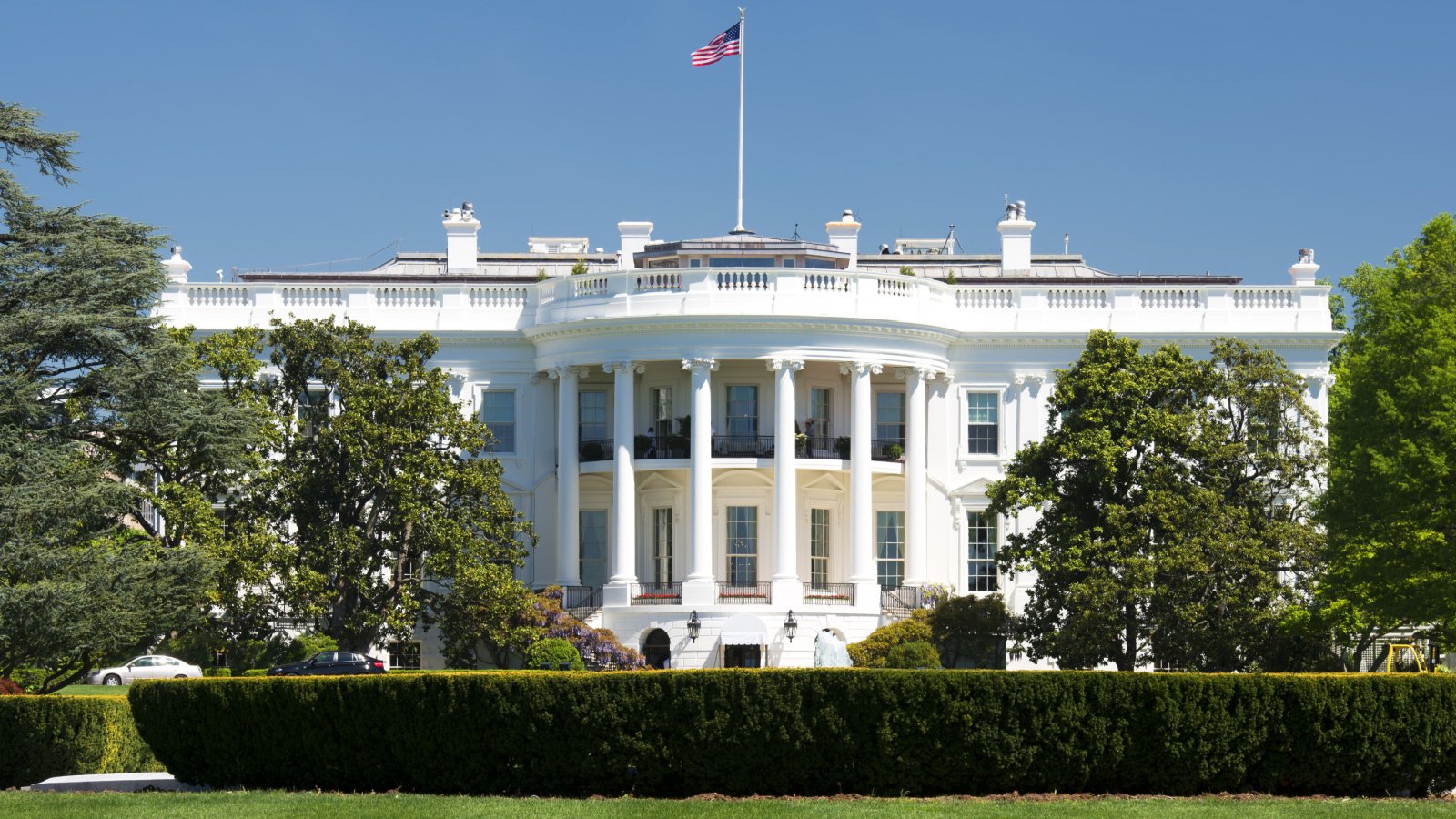Throughout history, societies have been like labs, experimenting with different political theories to cook up the perfect governance recipe. Some of these experiments have led to thriving communities, while others… well, let’s just say they turned the kitchen into a bit of a mess.
Anarchism: The Call for a Stateless Society

Anarchism envisions a world without governments, where communities self-organize based on mutual aid and consensus. Advocates argue that authority and hierarchy inherently oppress and that people can manage their affairs through direct democracy and voluntary associations. Critics worry about the potential for chaos, but anarchists see it as a path to freedom and equality. The theory champions individual autonomy and communal responsibility, suggesting a radical reimagining of societal structures.
Eco-Socialism: Merging Environmentalism and Socialism

Eco-socialism combines the principles of socialism with an urgent call for environmental sustainability. Proponents argue that capitalism’s relentless pursuit of profit is incompatible with the well-being of our planet. By reorganizing society around communal ownership and ecological balance, eco-socialists believe we can simultaneously address climate change and social inequality. This theory presents a holistic approach, linking the environment’s health directly with its inhabitants’ prosperity.
Libertarian Socialism: Freedom without Hierarchy

Libertarian socialism advocates for a society where individual liberty is maximized within a framework of direct democracy and voluntary cooperation. Unlike traditional socialism, it rejects centralized control, emphasizing local decision-making and autonomy instead. Its supporters see it as a way to dismantle power structures without replacing them with new forms of dominance. This theory offers a vision of societal organization that balances individual rights with communal solidarity.
Participatory Economics: Reimagining Economic Democracy

Participatory economics, or “Parecon,” proposes an economic system based on equity, solidarity, diversity, and participatory decision-making. Instead of markets or central planning, Parecon uses democratic councils to make production and consumption decisions, aiming to allocate resources for the benefit of all. Critics question its feasibility, but advocates believe it can create a more just and sustainable economic model. This theory challenges conventional notions of efficiency and competition, advocating for a more inclusive approach to economic life.
Post-Structuralism: Questioning Foundations

Post-structuralism challenges the idea that societies are built on stable, underlying structures. It argues that power, knowledge, and social norms are constructed through language and discourse, leading to a constant state of flux. This theory encourages a critical examination of assumed truths and the deconstruction of societal norms. By questioning the very foundations of our understanding, post-structuralism opens up new possibilities for rethinking social and political realities.
Communalism: Building a Society of Confederal Communities

Communalism proposes a model where independent communities organize in a confederal manner, sharing resources and making decisions through direct democracy. It seeks to blend local autonomy with global interdependence, creating a network of cooperative communities. Advocates see it as a practical path to ecological sustainability and social justice, offering a third way beyond capitalism and traditional state socialism. This theory emphasizes the importance of community and the potential for grassroots organizations to reshape society.
Syndicalism: Workers at the Helm

Syndicalism centers on the idea that industries and workplaces should be run by federations of trade unions, with workers controlling production and distribution. It proposes that direct action, such as strikes and boycotts, is the most effective way to bring about social change. Critics argue it could lead to inefficiency, but proponents believe it empowers workers and ensures equitable distribution of resources. This theory presents a radical departure from capitalist structures, prioritizing worker autonomy and democratic management.
Degrowth: Prioritizing Well-being Over Economic Expansion

Degrowth advocates for the intentional downscaling of production and consumption to enhance ecological conditions and improve life quality. It challenges the capitalist imperative for continuous economic growth, arguing that such growth is unsustainable and leads to environmental degradation and social inequality. Proponents suggest focusing on human well-being, community resilience, and sustainable practices. This theory calls for a fundamental shift in societal values from accumulation to sufficiency.
Autonomism: Power to the Workers

Autonomism emphasizes spontaneous, grassroots organizing and the autonomy of social movements from traditional political structures. It argues for the self-organization of workers and communities to create alternatives to the capitalist state system. By focusing on direct action and the self-management of social and economic life, autonomists seek to build a new world within the shell of the old. This theory values the creative power of grassroots initiatives and the potential for change from the bottom up.
Neo-Luddism: Challenging Technological Domination

Neo-Luddism critiques the unchecked proliferation of technology, arguing that it often serves capitalist interests at the expense of human well-being and environmental health. It calls for a more critical approach to technological development, emphasizing sustainability, equity, and community. By questioning the assumption that technological advancement is inherently good, neo-Luddites advocate for a society that prioritizes human values over efficiency and profit. This theory invites a reevaluation of our relationship with technology and its role in shaping our future.
Bioregionalism: Living Within Nature’s Limits

Bioregionalism proposes organizing society around natural ecological boundaries rather than arbitrary political ones. It emphasizes living in harmony with the natural environment, using local materials, and supporting local economies. Advocates argue this approach fosters a deeper connection to place and community, leading to more sustainable and resilient lifestyles. This theory challenges the globalized industrial development model, advocating for a return to localism and ecological stewardship.
Radical Democracy: Beyond Formal Political Systems

Radical democracy calls for extending democratic principles into all areas of social life, including economic institutions, education, and community organizations. It argues for participatory, inclusive decision-making processes that empower individuals and communities. Proponents believe that democracy should be a way of life, not just a political system. This theory pushes the boundaries of traditional democracy, seeking to deepen and expand democratic practices.
Feminist Political Ecology: Intersecting Gender, Ecology, and Politics

Feminist political ecology examines the links between gender, environmental issues, and political power. It argues that ecological problems cannot be separated from social inequalities and that solutions must address both simultaneously. By integrating feminist perspectives with ecological concerns, this theory highlights the importance of gender equality in achieving sustainable development. It challenges mainstream environmentalism to be more inclusive and attentive to power dynamics.
Postcolonialism: Unraveling the Legacy of Empire

Postcolonialism critically examines the impacts of colonialism and imperialism, advocating for the decolonization of knowledge, culture, and politics. It emphasizes the voices and experiences of those marginalized by colonial histories, challenging Western dominance in global affairs. This theory seeks to redress historical injustices and promote a more equitable world order. Postcolonialism invites a rethinking of identity, power, and sovereignty in a post-imperial world.
Techno-Gaianism: Harnessing Technology for Earth’s Regeneration

Techno-Gaianism proposes using advanced technology to restore and regenerate Earth’s ecosystems. It argues that human ingenuity can and should be directed towards solving environmental crises like climate change and biodiversity loss. Advocates believe in a symbiotic relationship between technology and nature, where technological innovations support ecological balance. This theory offers a hopeful vision of the future, where technology serves to heal rather than harm the planet.
Crypto-Anarchism: Privacy and Freedom in the Digital Age

Crypto-anarchism advocates using cryptographic methods to create secure, anonymous systems that enable individuals to communicate and interact free from government surveillance and control. It sees the potential for technology to empower individuals and protect privacy in an increasingly digital world. Proponents argue that cryptography can decentralize power and foster a new era of personal liberty. This theory blends anarchism’s skepticism of authority with a belief in the liberating potential of technology.
Global Justice Movement: Equity for All

The global justice movement seeks to address inequalities within and between countries, focusing on trade, debt, and climate justice issues. It advocates for fairer global governance systems that prioritize the needs of the planet and its most vulnerable populations. By challenging the power of multinational corporations and wealthy nations, this movement aims to create a more equitable global community. This theory underscores the interconnectedness of social, economic, and environmental justice on a global scale.
Transition Towns: Building Resilience from the Ground Up

Transition towns focus on community-led solutions to climate change and peak oil, emphasizing resilience, sustainability, and local self-sufficiency. The movement encourages towns to reduce their ecological footprint and increase their adaptive capacity through local action. Advocates believe that small-scale changes can collectively lead to significant societal transformations. This theory promotes a grassroots approach to global challenges, advocating for community empowerment and localized solutions.
Social Ecology: Society in Harmony with Nature

Social ecology argues that ecological problems are rooted in hierarchical and oppressive social structures. It advocates for reconstructing society along ecological and ethical lines, proposing a decentralized, community-based model. By linking environmental issues with social justice, social ecology seeks to create a society that is both sustainable and equitable. This theory challenges the separation between nature and society, emphasizing their intrinsic interdependence.
Platform Cooperativism: The Digital Economy Reimagined

Platform cooperativism advocates for the ownership and governance of digital platforms by their users and workers rather than by distant shareholders. It proposes a cooperative model for the digital economy, where profits are shared, and decision-making is democratic. Proponents see this as a way to counteract the monopolistic tendencies of big tech companies, creating a more equitable online environment. This theory reimagines the Internet as a space for collaboration and mutual aid rather than competition and exploitation.
Utopian Socialism: Imagining an Ideal Society

Utopian socialism predates Marxian socialism and focuses on building ideal societies based on cooperation and equality. Its vision is rooted in the belief that a better world is possible and essential for human progress. While some may dismiss utopian ideals as impractical, these theories continue to inspire and challenge us to imagine a future where the pursuit of a truly just and harmonious society remains a driving force.








